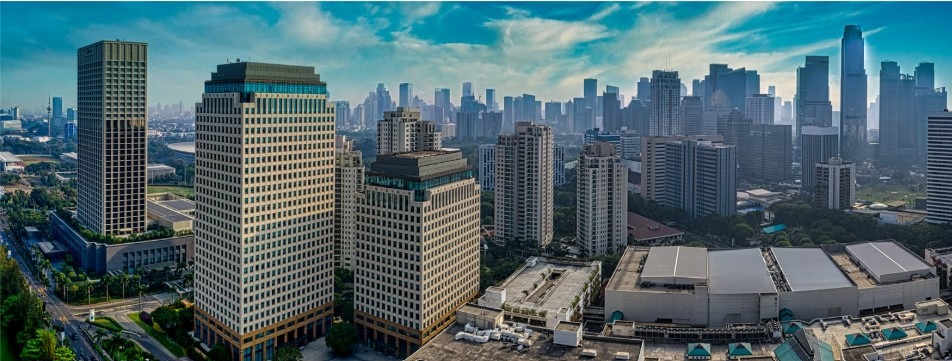To manage transfer pricing risks, MNCs have the incentive to make retroactive TP adjustments. When an MNC’s actual profit margin resulted from related party transactions (RPT) that deviated from the reasonable target supported by a transfer pricing benchmarking analysis, a reasonable TP adjustment can help an MNC manage the double taxation risk from transfer pricing investigations initiated by revenue authorities and potentially increase global tax efficiency.
However, initiating the retrospective TP adjustment that can be tied to the price paid for imported goods suggests the value originally declared at importation shall not have been correct and therefore may be amended. It is possibly resulting in additional Customs Duties, VAT, penalties and surcharge (interest).
If importer were in a payable position from the retrospective TP adjustment resulting in an upward adjustment, Thai Customs will expect the importer to file amended declaration and pay the additional Customs Duties and VAT (even if the goods imported are duty free).
Here are 7 steps to manage the (Thai) Customs risks from upward adjustments and mitigate the risk of a penalty assessment:
- Review your current TP policy and determine an appropriate TP method
- Disclose and explain the facts and circumstances surrounding the possible TP adjustment under the current TP arrangements (according to Advance Pricing Agreement of Customs regulation)
- Add the upward adjustment (if any) for import price on entry-by-entry basis and endorse the pricing adjustments that may be required for payment of Customs Duty/VAT shortfall or requested for Customs Duty refund
- Gather relevant import data on entry-by-entry basis
- Quantify the additional import duty/VAT
- Declare your pricing arrangement (on the last shipment) with the Customs Office and agree on the amount of the additional import duty/VAT and administrative procedure
- Officially file the amendment and pay the additional import duty/VAT (and surcharge, if any).







